Only logged in customers who have purchased this product may leave a review.
Quick Comparison
| Settings | Cowskin* - Kpomo African Style - BM remove | CASSAVA DOUGH RAINBOW '1KG remove | Bitterleaf Dry Leaves Nigeria Bulk 100gr remove | *Cow Intestine* - Round About SMALL Ring 1kg remove | Utazi Leaves - Cameroon Tasty Foods 300GR remove | Ngai Ngai* Cameroon (Roselle leaves) 500 gr. remove |
|---|---|---|---|---|---|---|
| Name | Cowskin* - Kpomo African Style - BM remove | CASSAVA DOUGH RAINBOW '1KG remove | Bitterleaf Dry Leaves Nigeria Bulk 100gr remove | *Cow Intestine* - Round About SMALL Ring 1kg remove | Utazi Leaves - Cameroon Tasty Foods 300GR remove | Ngai Ngai* Cameroon (Roselle leaves) 500 gr. remove |
| Image | 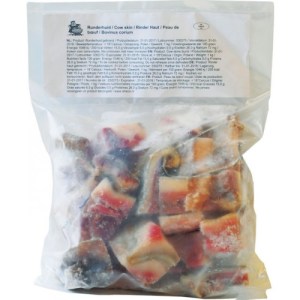 | 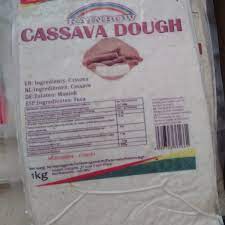 | 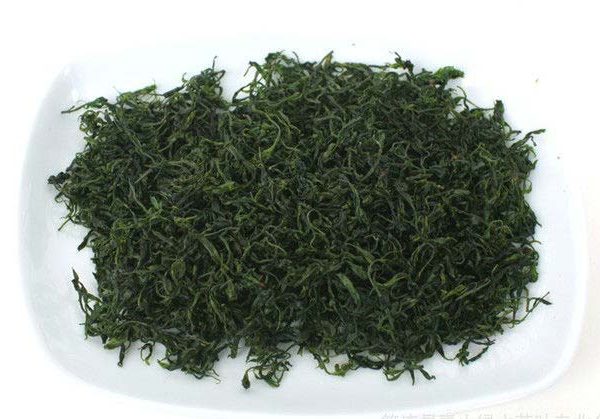 |  | 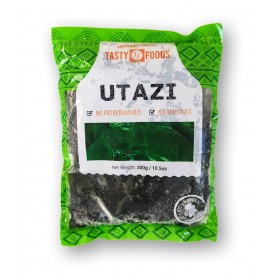 | 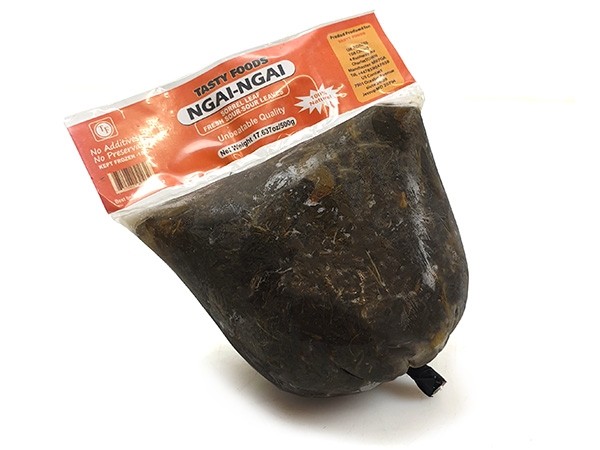 |
| SKU | ||||||
| Rating | ||||||
| Price | 51,99 lei | 36,99 lei | 19,99 lei | 41,99 lei | 28,99 lei | 18,99 lei |
| Stock | Out of stock | |||||
| Availability | Out of stock | |||||
| Add to cart | ||||||
| Description | Ngai ngai are the young leaves from the Rosella shrub (related to hibiscus). They can be steamed or stir-fried and are known as red sorrel in the Pacific. A bunch of sorrel can be substituted for ngai ngai and will compliment any Australian freshwater fish. | |||||
| Content | Utazi leaves has a slight bitterness to it and used as herbs and it's slight bitter & sweet tastes enhances African foods. | |||||
| Weight | N/A | N/A | N/A | N/A | N/A | N/A |
| Dimensions | N/A | N/A | N/A | N/A | N/A | N/A |
| Additional information |


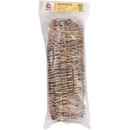
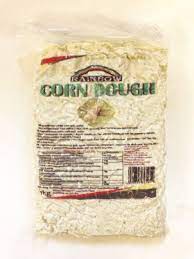
Reviews
There are no reviews yet.